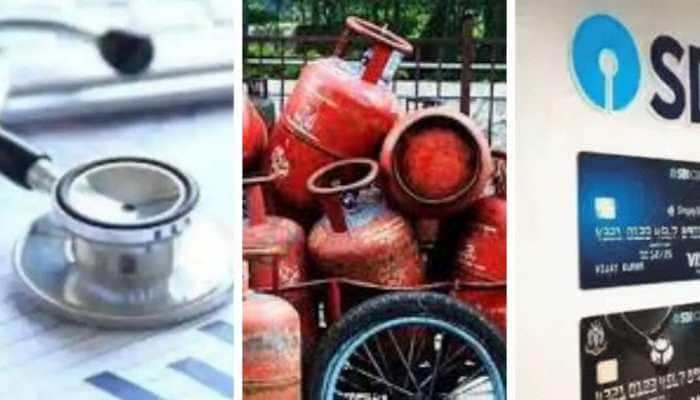Auto-debit payments facility for utility bills, OTT subscriptions may fail from April 1
The RBI had said that processing of recurring transactions (domestic or cross-border) using cards / PPIs / UPI under arrangements / practices not compliant with the aforesaid instructions shall not be continued beyond March 31, 2021.
- E-mandate on credit and debit cards.
- Mandate on recurring transactions.
- Additional Factor of Authentication for banks.
Trending Photos
)
New Delhi: From April 1, auto-debit payments for utility bills and over-the-top (OTT) subscriptions may fail, owing to an RBI (Reserve Bank of India) guideline.
The RBI guideline, first announced in August 2019 asked processing of e-mandate on credit and debit cards for recurring transactions (merchant payments) with a cap of Rs 2,000. However the guideline was later revised in December 2020 that said that e-mandates for recurring transactions through cards (and UPI) have been hiked from Rs 2,000 to Rs 5,000 from January 1, 2021. The additional Factor of Authentication (AFA) was permitted while processing e-mandates / standing instructions on cards and Prepaid Payment Instruments (PPIs) for recurring transactions with with values up to Rs 5,000.
The RBI had said that processing of recurring transactions (domestic or cross-border) using cards / PPIs / UPI under arrangements / practices not compliant with the aforesaid instructions shall not be continued beyond March 31, 2021.
RBI's new rule on additional factor of authentication requires banks to send a one-time password (OTP) to customers to validate transactions above Rs 5,000. As per several media reports, banks have not yet been able to successfully carry out RBI's mandate. Hence after April 1, customers who have been availing auto-debit payments for utility bills and OTT subscriptions will face major hurdles from April 1.
An RBI circular had previously stated that contactless card transactions and e-mandates on cards (and UPI) for recurring transactions have enhanced customer convenience in general while benefitting from increased use of technology. These are also well-suited to make payments in a safe and secure manner, especially during the current pandemic.
Stay informed on all the latest news, real-time breaking news updates, and follow all the important headlines in india news and world News on Zee News.
Live Tv







)
)
)
)
)
)
)
)
)
)
